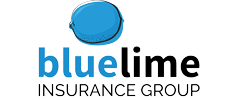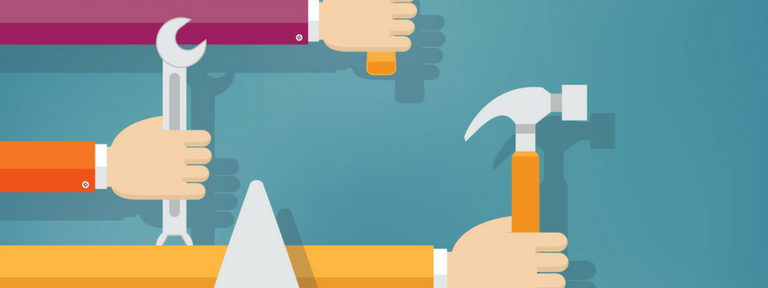
Whether it’s a roof leak, an interior flood, or damage from extreme weather, a debate of whether the homeowner or the association is financially responsible for needed repairs will often ensue. Coverage type, governing documents, and preparation on the part of both the HOA and the property owner can more easily resolve the question of liability.
Coverage Type
HOAs are generally required to cover shared spaces like clubhouses, pools, shared walls, lobbies, stairways, and parking structures. In the question of damage to unshared spaces, such as roofs, decks, and the interior of individual properties, the type of policy the association has will determine coverage.
Studs-out Coverage – The most common type of HOA insurance coverage, a studs-out policy will cover everything on the outside of a homeowner’s unit, such as damage to the roof, exterior walls or hallways, elevators, etc. The homeowner is responsible for everything inside the unit, including fixtures, appliances, walls, and flooring.
All-in Coverage – If an association is covered with an all-in policy, they are covered in the event of damage to both the exterior and interior structural elements of all units, leaving the homeowner responsible for damage to their personal belongings only.
Prepare to Determine Responsibility
Damage to properties within an HOA is inevitable. To avoid disputes and potential legal battles, members of the HOA and its board should take steps to be prepared to more easily and clearly determine which party is responsible for the needed repairs.
For the Homeowner: Upon signing a lease or mortgage for their property, homeowners should be familiar with the type of policy their HOA is covered by, and should familiarize themselves with the association’s governing documents and CC&Rs. If the language within the governing documents is vague, or the association’s insurance policy has limited coverage, homeowners should consider obtaining their own liability and renter’s insurance
For the HOA Board: To protect itself from improper damage claims by homeowners, the HOA board should review its governing documents, CC&Rs and policies to ensure that the language is clear in determining what both the HOA and the homeowners are responsible for, and make additions or amendments as needed. Many HOAs either strongly recommend or require their members to purchase renter’s or liability insurance upon moving into the association.
Repairs are a constant need within any HOA. Determining responsibility as easily as possible is key to cutting costs, avoiding conflict, and maintaining a successful, appealing community.
